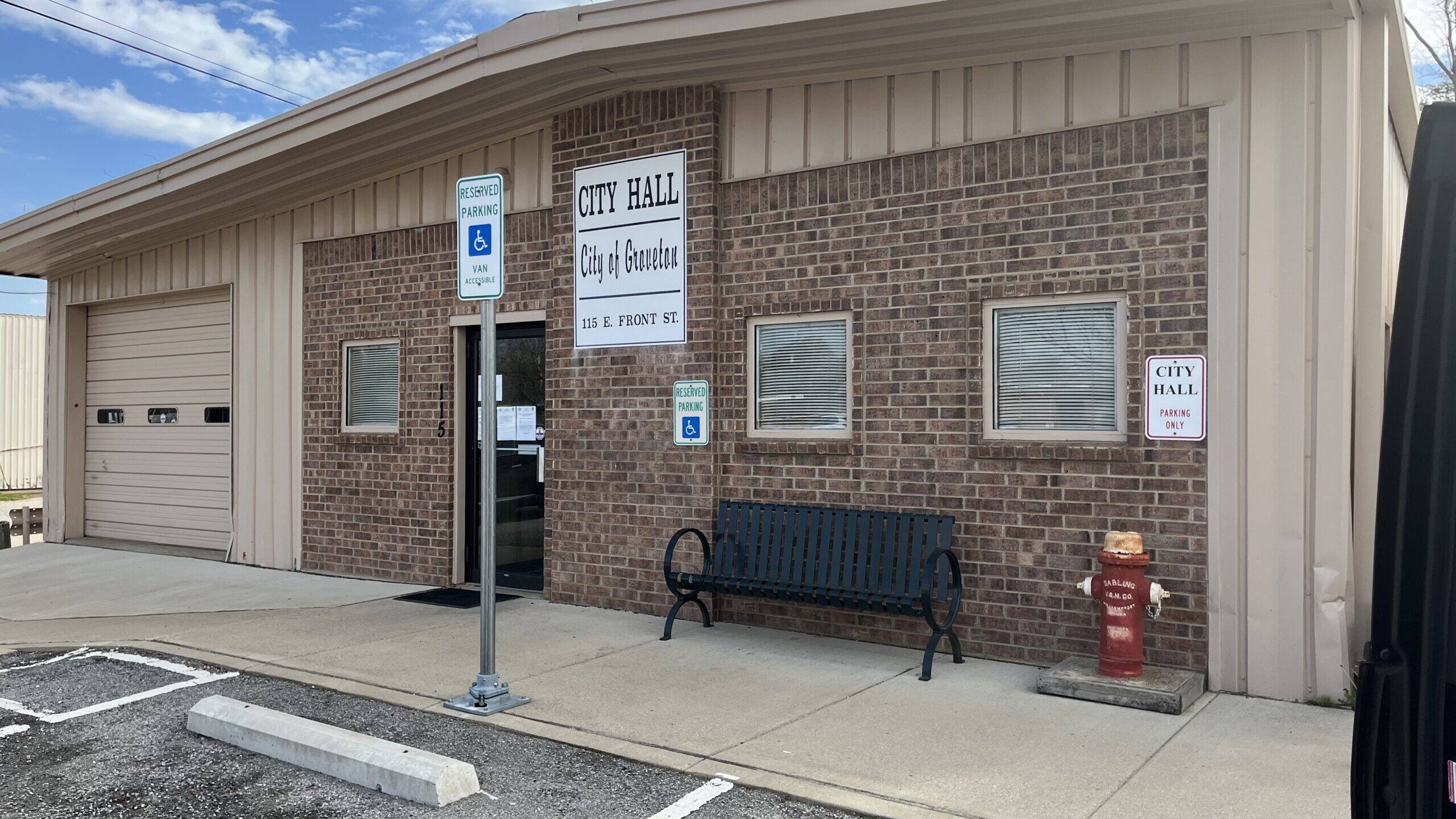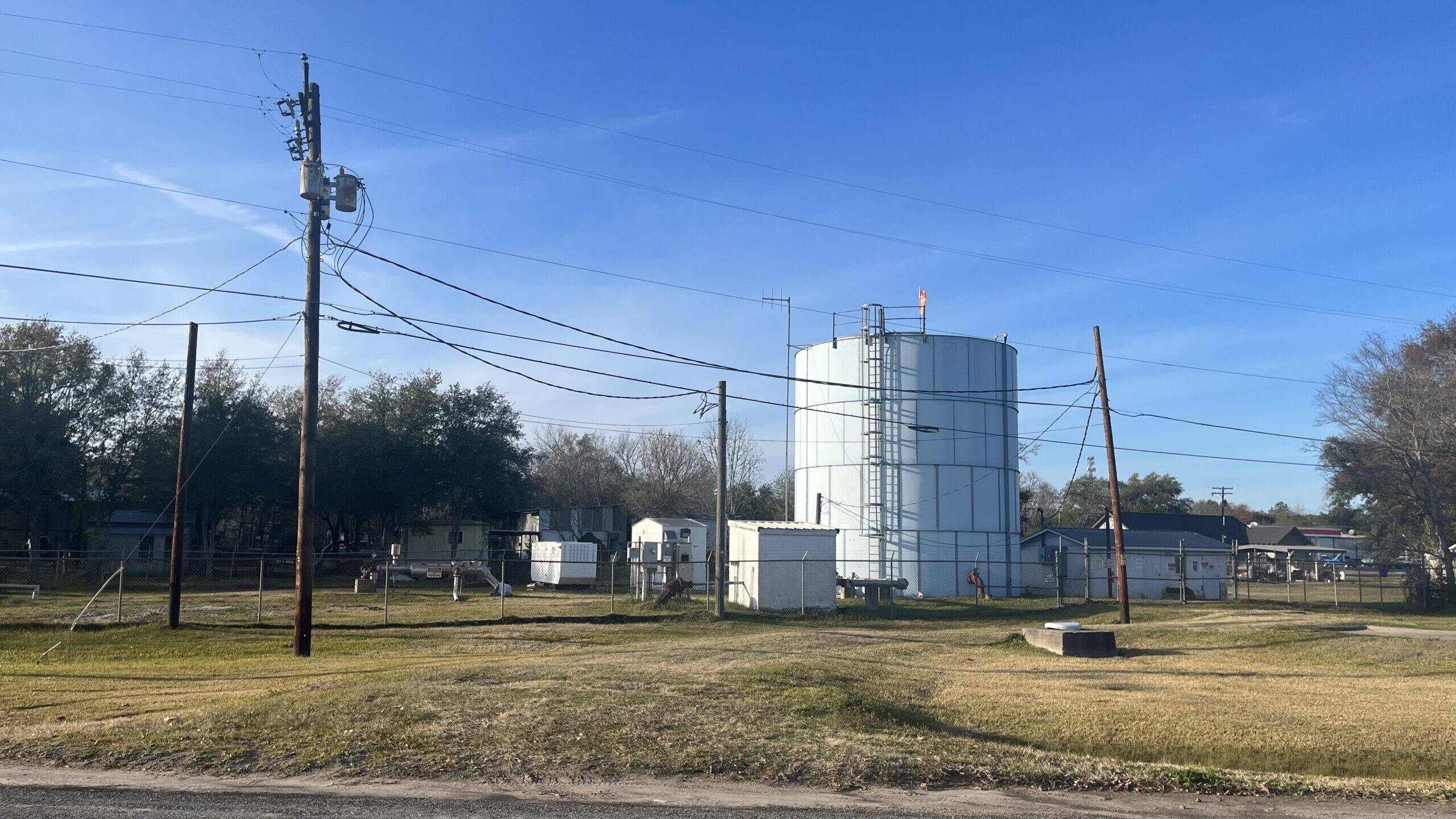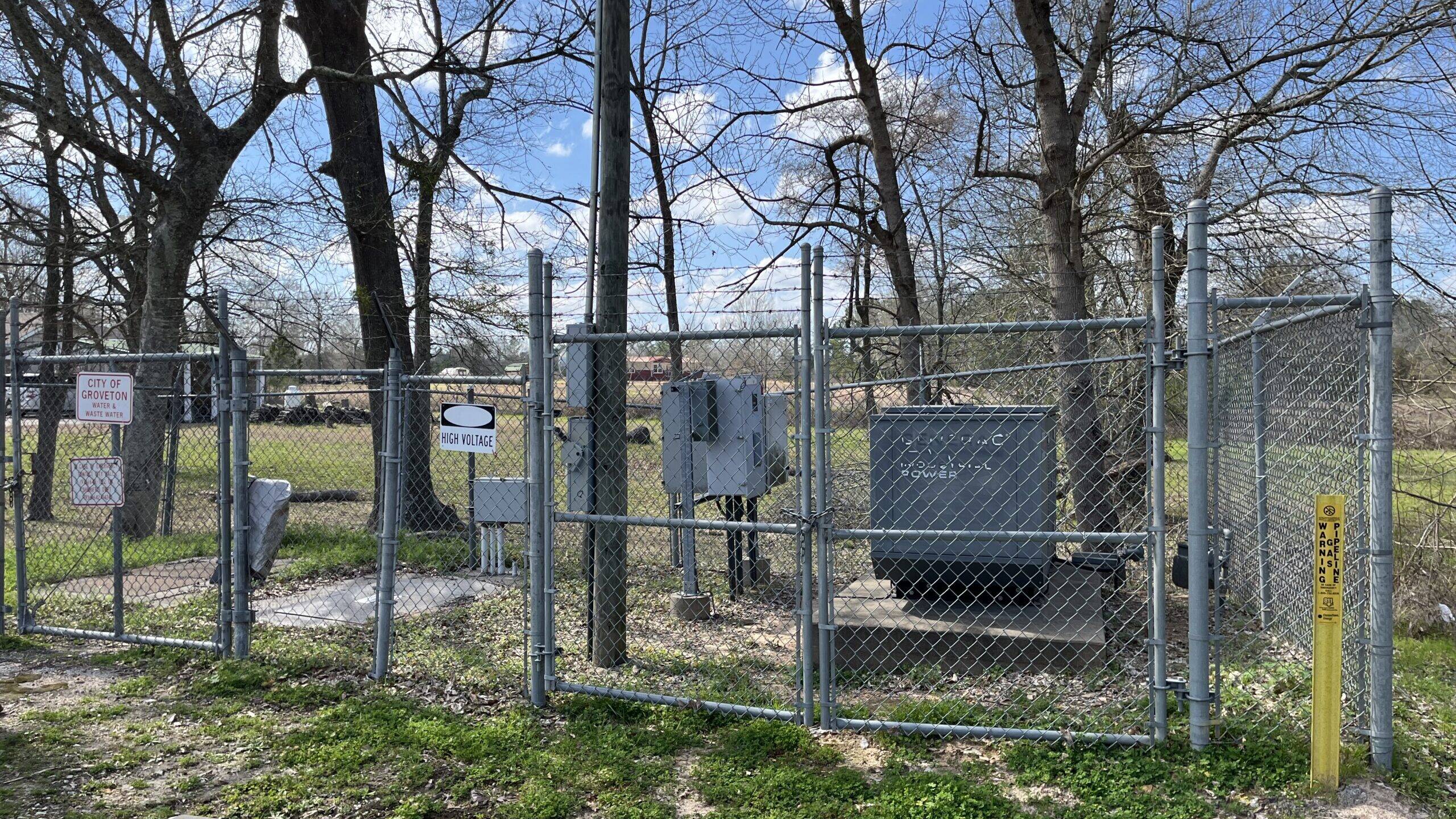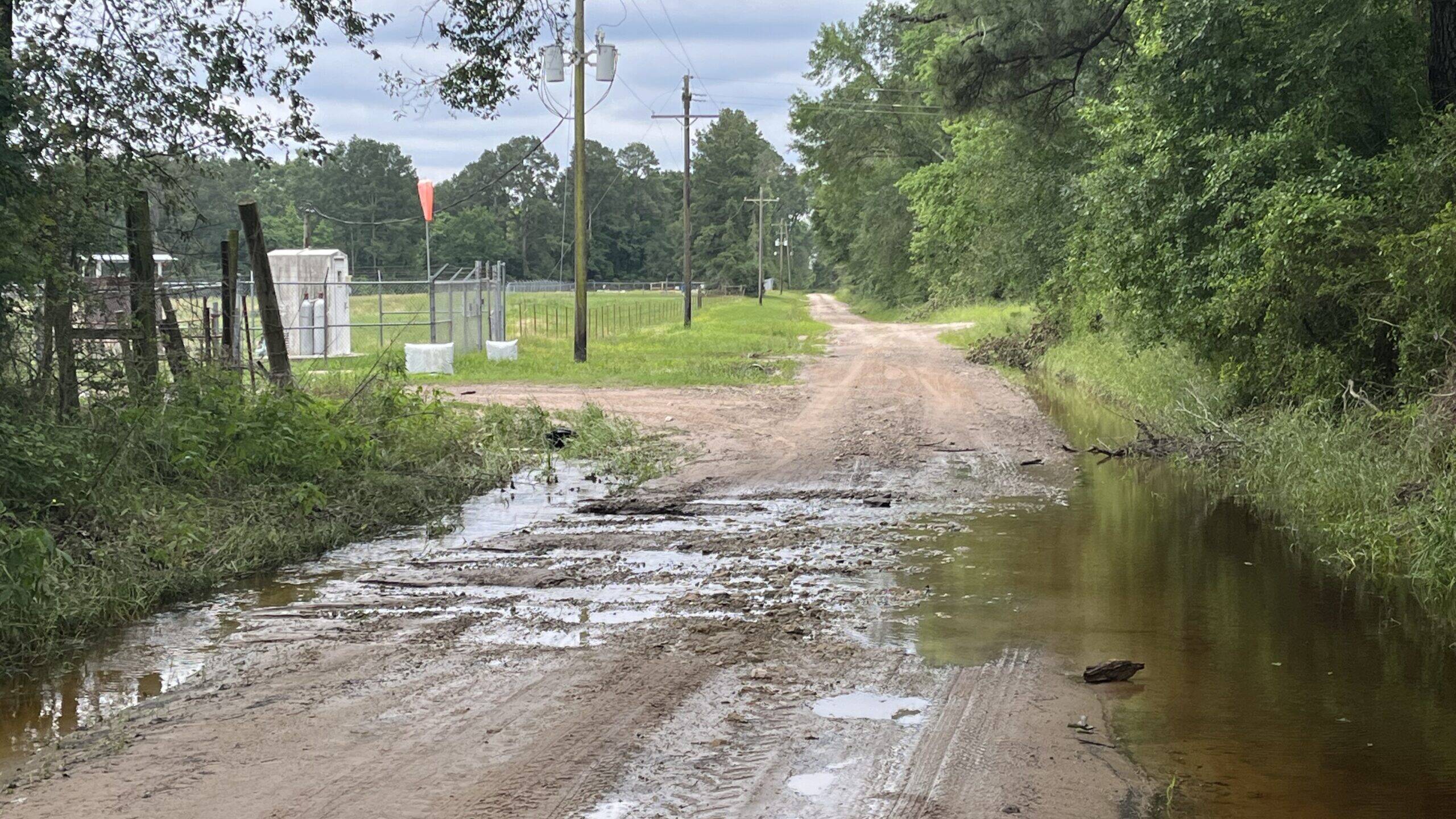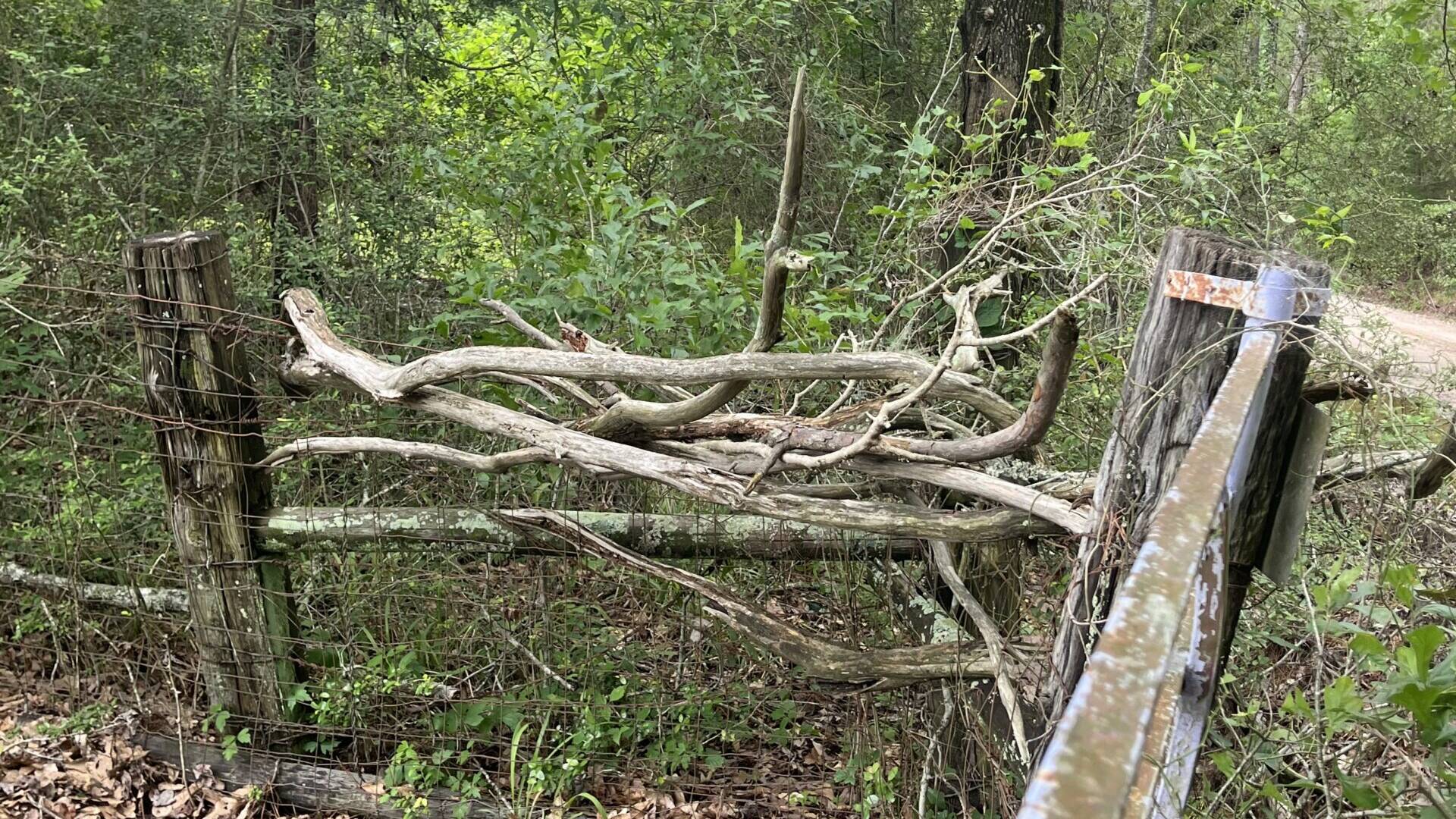Groveton, Texas, the county seat of Trinity County, was founded in 1881 when the Trinity County Lumber Company established a sawmill in the area. The town takes its name from the groves of pine trees that dominate the landscape, reflecting the region’s natural beauty and historical ties to the timber industry. During the late 19th and early 20th centuries, Groveton thrived as a hub for East Texas lumber production, emphasizing the importance of forestry to the local economy.
With a current population of 934, the town exemplifies the resilience and close-knit spirit of small communities. Groveton is known for its small-town character, the historic Trinity County Courthouse, and its role as the administrative heart of the county. However, like many rural communities, it has faced significant challenges, particularly in maintaining infrastructure and responding to natural disasters. In 2024, the town endured two back-to-back disasters that tested its resilience and underscored the need for enhanced disaster preparedness.
Before the disasters, the City of Groveton connected with Bob Bashaw from the Deep East Texas Council of Governments (DETCOG), who referred them to the Community Infrastructure Team at Communities Unlimited (CU) for financial assistance in December 2023. Following the initial disaster, the Texas Division of Emergency Management (TDEM) conducted a damage assessment alongside the county judge. This effort paved the way for collaboration with the Federal Emergency Management Agency (FEMA) to address the challenges and focus on rebuilding a stronger community.
CU’s team worked closely with Mayor Ralph Bennett and local officials to assess vulnerabilities, repair critical infrastructure, and strengthen the community’s capacity to respond to future emergencies. Their efforts included conducting risk assessments, fortifying water and wastewater systems, and developing plans to safeguard vital resources.
FEMA contributed technical expertise and funding for key recovery projects, while CU facilitated capacity-building initiatives to equip local leaders with the tools and knowledge needed for sustainable solutions. Together, these partnerships focused on improving disaster preparedness through emergency response planning, securing essential supplies, and organizing training programs for town officials and first responders. This collaborative approach not only supported Groveton’s immediate recovery but also bolstered its long-term resilience, ensuring the community is better prepared to withstand future challenges.
The Spring Disaster: Floods Strike Groveton
In April 2024, Groveton was inundated by more than 30 inches of rain over a few days, causing widespread flooding. The disaster, dubbed the Spring Disaster, overwhelmed the town’s limited stormwater drainage system. Roads washed out, ditches and culverts were severely damaged, and a bridge on Lakeview Drive suffered guardrail damage. The flooding rendered Kickapoo Road, the main route to the town’s wastewater treatment plant, impassable.
Despite the devastation, the community sprang into action. Mayor Bennett applied for FEMA’s Public Assistance program, enlisting the help of Jessica Hester, a Community Environmental Management Advisor at CU, and Irasema Guzman, FEMA’s Emergency Management Specialist. Together, they began documenting the damage and crafting a recovery plan.
“It’s been busy in the office. Jessica has been an asset for us. She’s done so much — it’s hard to list everything. She’s been with us through a lot.”
— Ralph Bennett, Mayor of Groveton
Hester quickly became a vital part of the recovery. She documented damages with GPS coordinates and photographs, created a detailed Damage Inventory Report, and ensured compliance with FEMA’s requirements. By tracking repair costs, organizing materials, and meeting regularly with FEMA representatives, she kept the recovery process on course.
Hurricane Beryl: New Challenges Arise
Just three months later, in July 2024, Hurricane Beryl swept through Groveton, worsening the town’s struggles. High winds caused widespread power outages, and three critical generators — two at wastewater lift stations and one at City Hall — failed. Without functioning lift stations, vacuum trucks had to be deployed to prevent wastewater discharges, as required by the Texas Commission on Environmental Quality (TCEQ). City Hall sustained roof damage, and debris blocked roads, requiring removal under strict FEMA guidelines.
FEMA’s Public Assistance Program again became a lifeline. Guzman worked closely with Mayor Bennett and Hester, conducting damage assessments, scheduling site inspections, and developing a comprehensive recovery plan. Guzman also guided the town in securing hazard mitigation funding to reduce future risks, such as installing surge protectors for generators and improving drainage systems.
“Many small communities have limited staffing. Emergency management often falls to individuals juggling multiple roles, which makes it difficult to secure and manage hazard mitigation grants. This creates immense barriers to recovery.”
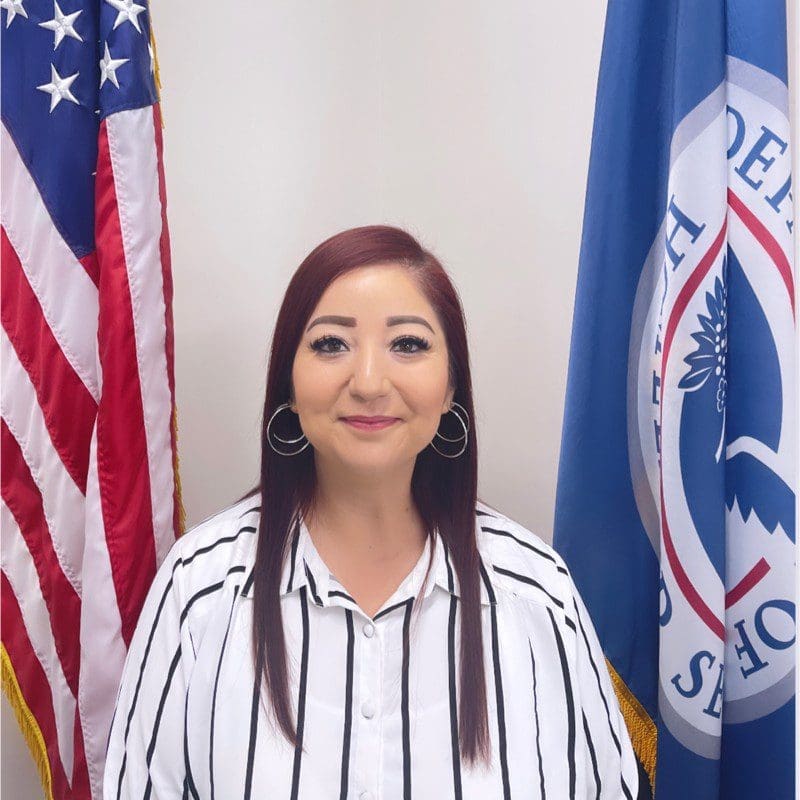
— Irasema Guzman, Emergency Management Specialist at FEMA
FEMA’s involvement extended beyond funding and technical support. The agency visited residential areas, faith-based organizations, and businesses to understand the community’s needs. FEMA’s Disaster Survivor Assistance (DSA) team worked directly with residents, providing registration assistance, referrals, and updates on available resources. Town Hall meetings at the Groveton Community Center further ensured that vulnerable populations were included in recovery efforts.
CU’s contributions also played a critical role. Hester facilitated compliance with environmental and historical regulations for debris removal and helped the town apply for FEMA’s 406 Hazard Mitigation funding to protect damaged facilities from future disasters. Her efforts connected Groveton with vendors and streamlined the complex recovery process.
“Jessica’s helped fill out paperwork, contacted vendors, and made the recovery process manageable,” Mayor Bennett said.
Proactive Steps Toward Resilience
Groveton took proactive steps to address its vulnerabilities, particularly its lack of stormwater infrastructure. Mayor Bennett and Hester collaborated with engineers to design a sustainable drainage plan, while FEMA encouraged the town to apply for hazard mitigation grants. These efforts aimed to rebuild Groveton stronger and better prepared for future disasters.
“What we’re doing now is helping us prepare for future disasters. This is the first time the city has taken these kinds of steps. It’s a learning process, but it’s important for our future.”
— Ralph Bennett
FEMA’s Recovery Resources Roadmap and Community Management Toolkit provided additional guidance, offering tools to navigate federal funding opportunities and organize recovery efforts. With these resources and CU’s technical assistance, Groveton is laying the foundation for a more resilient future.
A Collaborative Success Story
Despite limited resources, Groveton’s recovery is a testament to teamwork and determination. Guzman praised the collaboration between FEMA, CU, and the town’s leadership.
“The teamwork between FEMA, Mayor Bennett, and Jessica in identifying damages, applying for grants, and developing a recovery plan has positioned Groveton for a successful recovery,” Guzman said. “The amount of work accomplished by such a small team is commendable.”
Hester echoed these sentiments, emphasizing the importance of preparation and leadership.
“These disasters were devastating, but they showed how strong Groveton’s leadership is,” she said. “The mayor’s dedication to preventing future disasters has been inspiring. Helping Groveton highlights the importance of preparing small communities for the unexpected.”
Lessons for Rural Communities
As CU looks ahead to 2025, disaster preparedness is becoming an even greater focus. Rural towns often lack the resources to recover quickly from disasters, making partnerships with organizations like CU and FEMA critical.
“The lessons we’ve learned from Groveton can be applied to other communities facing similar challenges. By building relationships and providing technical assistance, we can help small towns not only recover but also thrive in the face of adversity.”

— Jessica Hester, Community Environmental Management Advisor at Communities Unlimited
This small East Texas town is now not just recovering — it’s paving the way for a more sustainable and prepared future.



